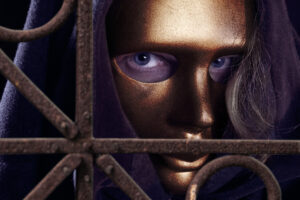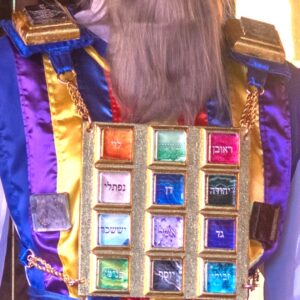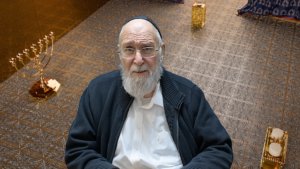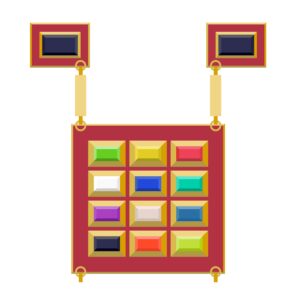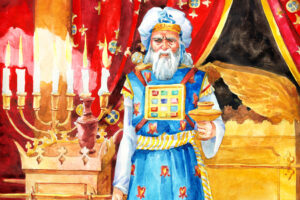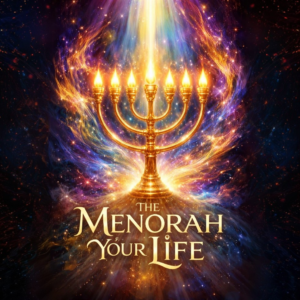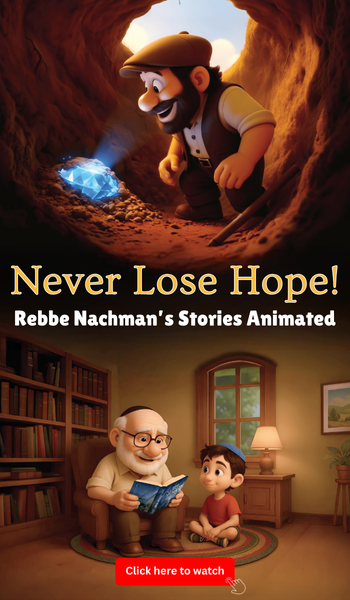Hitbodedut: Bringing Judgment into Our Own Hands
The Parshah of Shoftim contains many laws and ideas. It begins with the commandment to appoint judges and police, to adjudicate honestly and to ensure that the laws are upheld in an honorable manner. This is a very important law in maintaining societal order.
We see its relevance today in the lawlessness of demonstrations and violent behavior, mostly by young adults, who demand to defund the police! Crime has reached unprecedented highs: murders, immoral acts, theft, and abuse occur even without demonstrations. Added to this are protests that call for the death and cruel suffering of innocent people. The Torah teaches that we must establish laws and uphold them.
Our Sages teach: when there is judgment below (on this earth), then Heaven withholds judgment from Above (Sifri). The reverse is also true—when we on earth do not uphold the law, judgments are issued from Above. This can be seen in the many unnatural occurrences such as droughts, earthquakes, excessive heat waves, unusual cold spells and so on. It is also manifest in wars and the cruel behavior of terrorists and rogue nations who suppress humankind.
Enter Rebbe Nachman. The Rebbe teaches that each individual can affect his personal judgment. We cannot control the entire world, but we can judge ourselves in a way befitting someone who strives to live a proper life. How? By practicing hitbodedut and judging one’s own behavior on a daily basis.
Hitbodedut (private, secluded prayer) comes from the word boded, alone. One should set aside time daily to speak to HaShem—thanking Him for the good things in life, and pleading and beseeching Him about one’s failings and wrongdoings. By practicing this mode of prayer, a person judges himself, and when there is judgment below, there is no judgment from Above. That is, he has passed judgment on himself by acknowledging his errors and realizing that he must rectify his wrongs and correct his path. This is also known as Marei d’Cheshbana (“Masters of Accounting”), for they are willing to make an accounting of their deeds.
Of course, we cannot deflect all challenges and suffering we face. Everyone has their list of problems and difficulties. However, by acknowledging our misdeeds, our approach to these challenges becomes marked by recognition of HaShem in our lives. This, in turn, alleviates much of the suffering we endure and allows us to look forward to a more orderly and harmonious way of life—living among people who respect law and order, and finding some protection from the lawlessness that surrounds us.
- 0 comment




